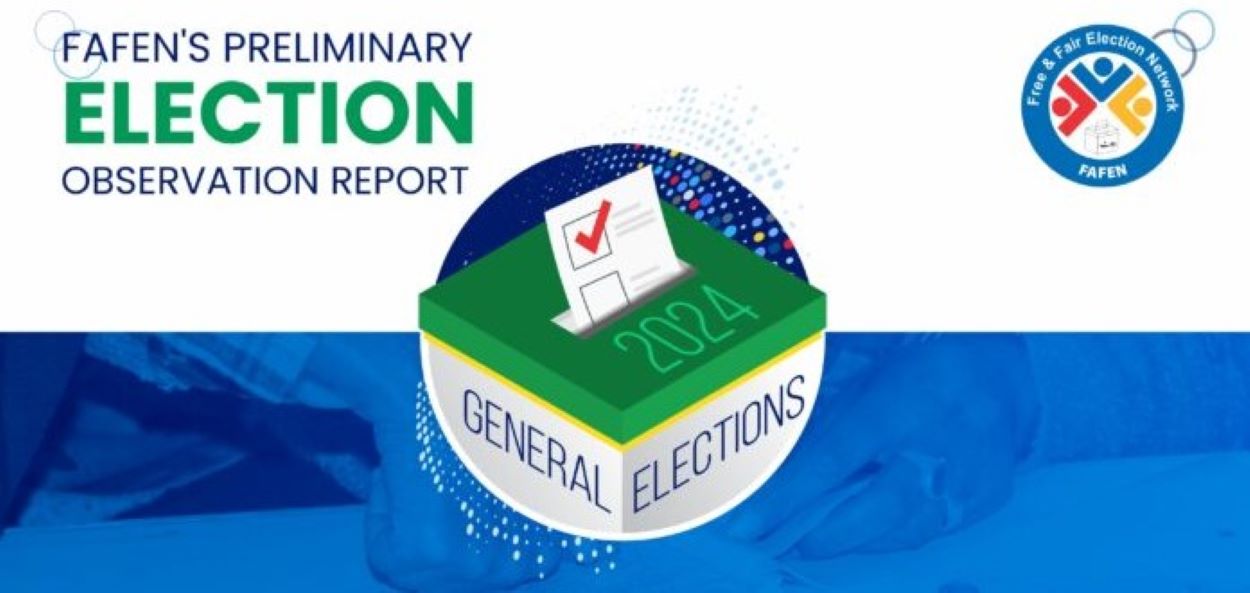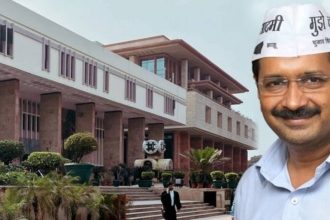The Free and Fair Election Network (FAFEN), headquartered in Islamabad, recently issued a comprehensive report on election tribunals across Pakistan.
According to the report, out of 23 established election tribunals, 17 are currently operational, and 46% of the petitions filed are attributed to leaders from the Pakistan Tehreek-e-Insaf (PTI).
The report further clarifies the formation of these tribunals, noting that the Election Commission of Pakistan set up 17 tribunals, with the Lahore High Court responsible for establishing six within Punjab. This was done per legal requirements necessitating consultation with the Chief Justice.
Additionally, the report mentions that injunctions have been issued against two tribunals in Islamabad: retired judges’ staff. However, details of the petitions involved have not been made public.
FAFEN secured certified copies of 171 petitions out of the total filed. Distribution of these petitions across provinces includes 53 from Sindh, 43 from Punjab, 40 from Khyber Pakhtunkhwa, 32 from Balochistan, and 3 from Islamabad. Challenges have been raised concerning the election results for 121 provincial and 50 national assembly seats.
The breakdown of petitioners shows that 46% of the challenges were initiated by PTI-backed candidates, with JUI-F candidates representing another 13%. The remaining petitions were filed by various political parties, including the GDA, independents, PML-N, PPP, the National Party, ANP, and Jamaat-e-Islami, each contributing to the remainder of the challenges in varying percentages.
The report provides a detailed regional analysis of the petitions, highlighting PTI’s majority filings in Punjab and Sindh. At the same time, PPP and JUI-F also presented significant challenges in their respective strongholds.
FAFEN report sheds light on political entities’ extensive use of legal channels to contest and scrutinize electoral outcomes, indicating a robust engagement with the judicial mechanisms overseeing election integrity in Pakistan.






